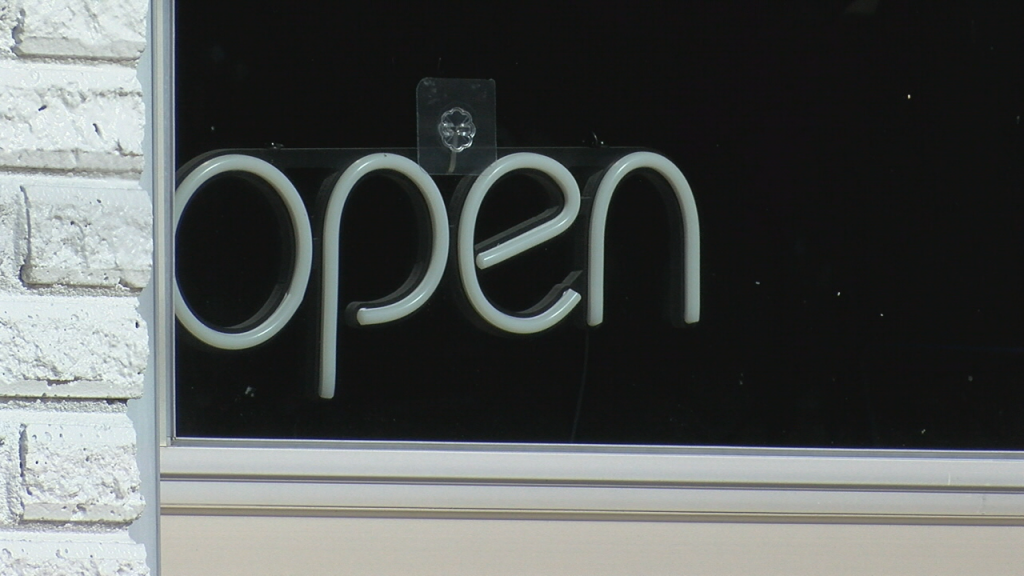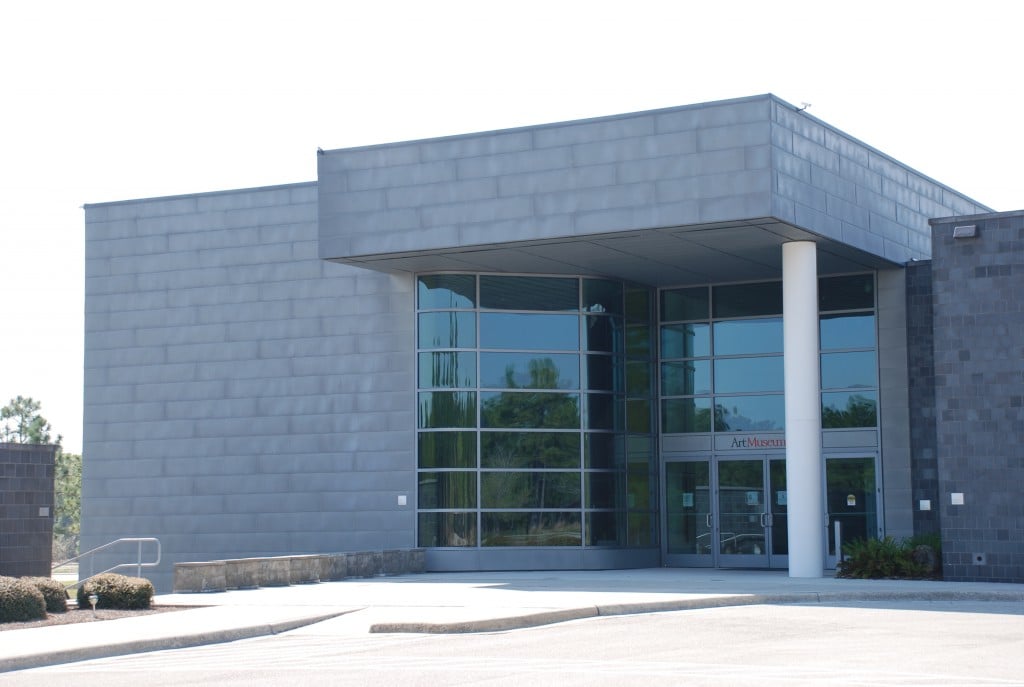After striking out in Wilmington, Braves’ big league plans again hinge on public financing
Last year the Atlanta Braves struck out in their attempt to get the City of Wilmington to spend tens of millions of dollars to build them a minor league baseball stadium. Now the Braves say they have a plan in place to move their Major League club to the north side of Atlanta in a few years, where again a stadium deal hinges on public financing.
In Wilmington, taxpayers overwhelmingly voted against a $37 million plan for a ballpark. The club did commit to a 20-year lease, which is somewhat unusual in Minor League Baseball, in an attempt to relocate the Lynchburg (VA) Hillcats into what the team calls “Braves country,” but annual rent payments would have been far from enough to cover the cost and interest the city would have for the construction and land purchase. (The Hillcats, by the way, still call Lynchburg home)
Speaking of 20-year leases, the Braves have one ending with Fulton County’s Turner Field after the 2016 season. That’s why they’re announcing plans to move north to new digs in Cobb County for 2017. The teams says Turner Field, originally built as the main stadium for the 1996 Summer Olympics, needs hundreds of millions of dollars in upgrades. After having already paid millions of dollars in improvements for the stadium over the years, the Braves clearly see that kind of money better spent on a new facility in a better part of town, where it appears they will have more control on the development of the neighborhood.
The estimated cost of the stadium, parking and related infrastructure will be roughly $672 million, and the Braves will be a significant investor, along with Cobb County, in the project, the club said, according to a story on its website Braves.com
The Atlanta Journal-Constitution reports the deal involves $450 million in financing by the county and another $200 million up front from the Braves. Of course, that’s if the financing does not fall through. It’s unclear at this point how the financing would work, or even, as in Wilmington, if the voters will get a say.
Of course, to compare Wilmington to Cobb County is not exactly fair. As I argued last year, claims of civic pride for a minor league team here in the Port City were ridiculous, but civic pride in a big league franchise is a real thing. From a business standpoint, the deal certainly makes sense for the Braves. The move would put the team at the core of its fan base in the city’s northern and eastern suburbs. It would keep those fans from having to to drive through some of the most horrific traffic in the country to get to games in a not-so-great part of town. All of that should mean far fewer empty seats, which have been a pretty big embarrassment for a team that has put a consistently good product on the field for the last two decades. For the county, the economic impact is surely far more easily measurable than what a Class A affiliate would have had here in Wilmington.
Still, there are valid comparisons to the two projects. The taxpayers of Cobb County will have a much larger financial burden than the club, as was certainly the case here. And as was the fear here and is now the case in Fulton County, when the lease is up, what happens then? Because the Atlanta Committee for the Olympic Games (ACOG) paid the $209 million to build Olympic Stadium and retrofit it for the Braves (ACOG also paid the remaining $9 million of debt on Atlanta-Fulton County Stadium, the team’s old home next door that was torn down after the move to Turner Field), the county is at least not stuck with paying off an empty building. It is, though, left trying to figure out what to do with the ballpark now that it’s chief tenant is saying goodbye. Of course, if Cobb County voters see what happened in Wilmington, who knows what will happen?





Leave a Reply